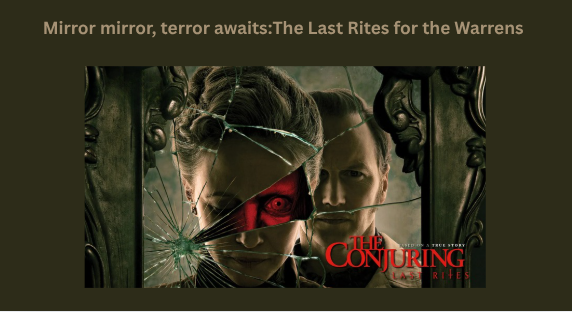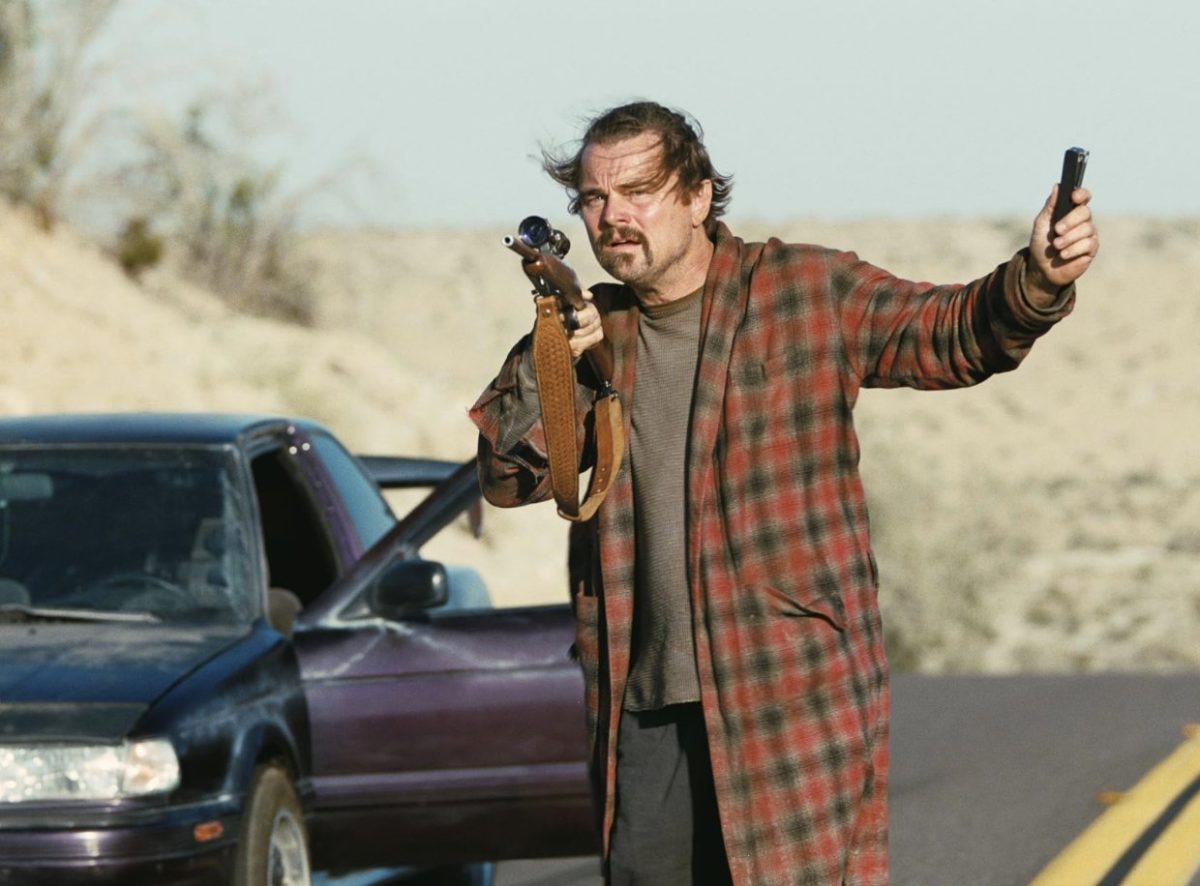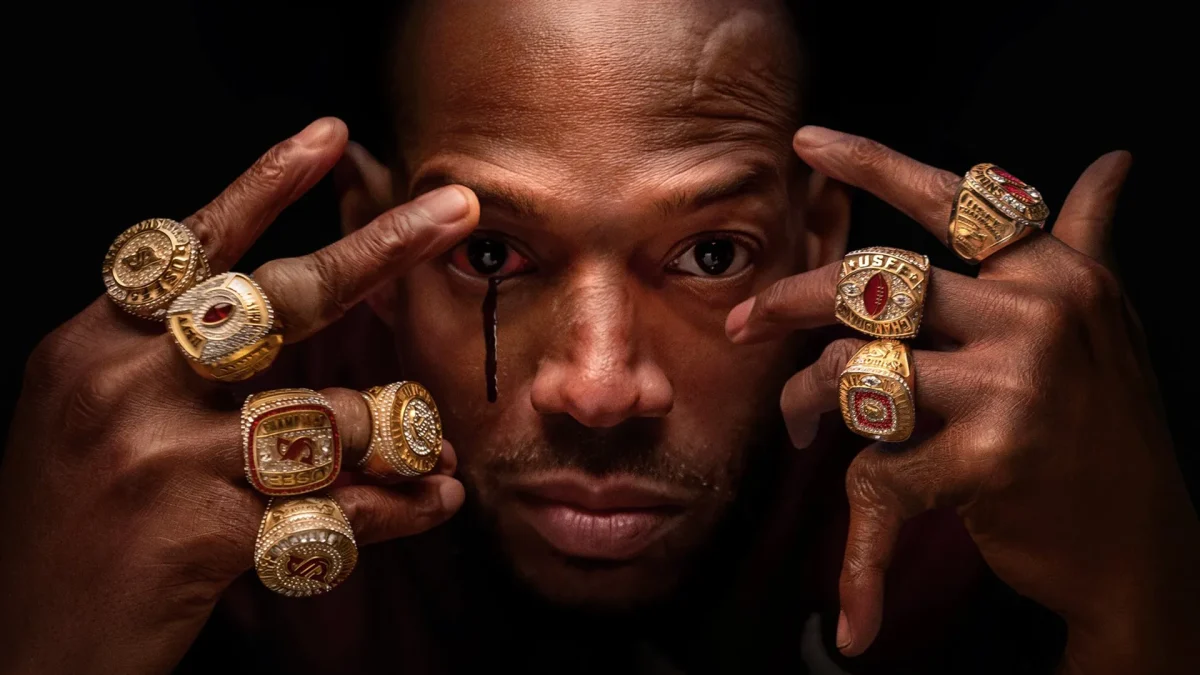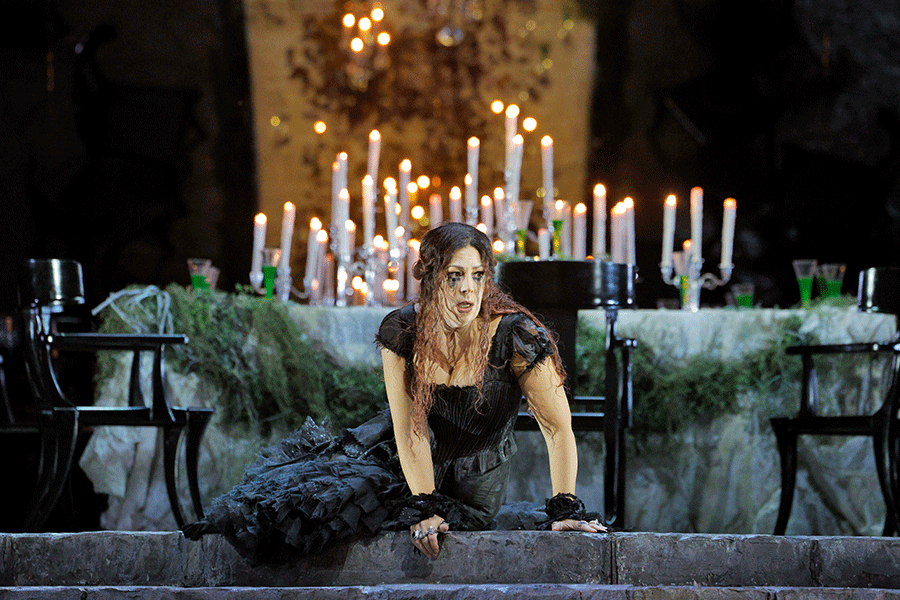There’s nothing memorable about Paul Matthews (Nicolas Cage), the centerpiece of Kristoffer Borgli’s Dream Scenario.
He has a head of hair, but his hairline is receded to the back of his head. He is not fat, but certainly not shapely. He’s intelligent, but not enough to be remembered. He is a tenured college professor, at a small school. He is not funny nor charming, just passable, just there. Paul, like many middle-aged men of America’s middle class, is powerless. There’s a disconnect between him and his wife and kids. He struggles for his students’ attention. He is eager to become a respected figure in his field of evolutionary biology, but he cannot put pen to paper and his ideas are poached and published by his more active peers. He is a frustrated and unfortunate man, and most irritating to himself, he is insignificant.
Then, in the blink of an eye, that changes. Inexplicably, one by one people in his life start to see him in their dreams, until it breaks out into a worldwide epidemic. Nearly everyone has a similar experience. In their dream, they’re in a dangerous situation, and Paul just stands there, passively watching.
For a moment, he’s the most seen man in the world. Suddenly, his students are eager to attend his lectures. His children want him to give them rides to school. Millions of dollars worth of brand deals and television appearances open up. He is finally invited to his old college friend’s dinner parties which he’d always been on the outside looking in. He’s a global sensation. But Paul has tunnel vision, and he sees the opportunity as a mere stepping stone to publish his work as a biologist. He meets with a marketing firm. He hopes to be taken seriously, but is met with tacky brand deals fit for a flavor-of-the-month internet joke. There’s no market for his evolutionary theories. His hopes hit a brick wall. People’s perception of him, as increasing as it may be, is superficial. They’re no more interested in him than before. He tries to take control of his image, to pivot from a social media sensation to a respected academic, but he is powerless.
Then, without warning, director and writer Kristoffer Borgli flicks a razor-sharp tonal shift. The unusual dreams of Paul turn into flat-out horrors. People dream of him torturing, him assaulting, him murdering. He goes from a funny internet sensation to a monster, from beloved to abhorred, all the while he does nothing in reality. His life falls into rubble in every direction. He is publicly crucified, and he is helpless. It is a visceral cinematic experience, a surreal downward spiral that keeps unraveling. Through the film’s turbulent course of events, Nicolas Cage sells his character’s hopeless pool of despair with a perfect mix of comedic timing and genuine devastation.
Through nearly the entirety of Dream Scenario, there isn’t a moment of relent for Cage’s character. His efforts are futile and ineffective. Any influence or power Paul Matthews held was eroded. He was never in power to begin with, just riding the cruise control of fate that planted him in the minds of millions. It is a Charlie-Kaufman-esque surrealist portrait of a hapless man, desperate for recognition and purpose put through the wringer. There’s a looming depth to the film, but it never feels too sentimental due to Kristoffer Borgli’s commitment to the film’s dark comedic tone, at least for most of Dream Scenario.
Roughly 85 minutes into Dream Scenario, with the final act wrapping up, the film reaches what should’ve been its conclusion. It is a brilliant scene, and perfectly ties together the cynicism the film had been collectively gathering throughout its entirety. It turned the Dream Scenario from an entertaining film, to one of the most memorable, creative, and bold films I’ve seen in years. And then, it goes on for another 10 minutes.
Borgli completely lets open the lightning he’d bottled. The remaining stretch of the film is weak, and unclear. It feels like outtakes, cut from the original and consecutively mashed at the film’s ending. Perhaps Borgli had tried to give the film some kind of new light, maybe a bittersweet ending for the otherwise tortured Matthews can be sorted out of it, but it isn’t developed nearly enough to change the film’s thesis, and so it just feels like a long string of unnecessary and ineffective loose ends attached to an otherwise airtight film.
I tried to reflect on the rest of it positively, but the bad taste remained in my mouth. Kristoffer Borgli doesn’t just fail to deliver a strong ending, he fumbles one that was right in front of him. That is much, much worse.









Courtney Hanson • Dec 11, 2023 at 9:05 am
Sam,
Thank you for the fantastic review. I am so curious about this movie; your descriptions are great.